Thomas R. Biebighauser has been building wetlands all over the United States for 43 years and started by building wetlands and streams in Northern Minnesota for moose and mink frogs.
“Wetlands are fantastic places to view wildlife,” Biebighauser said. “Wetlands clean runoff, control flooding and provide habitat to rare species of fish and wildlife.”
In his research, he said he found that over 50 percent of wetlands in the U.S. have been removed, but people are trying to help.
Ball State is hosting a wetland restoration workshop Oct. 1-2 at Cooper Farm in Muncie. Biebighauser is the person running the event.
When it comes to his previous projects, Biebighauser uses a certain technique — the surface water technique, he said. He builds a groundwater dam, where no above ground dam is constructed.
“The wetland will be constructed to last hundreds of years without maintenance,” he said.
Another person helping with the project is Jessi Haeft, assistant professor of natural resources and environmental management at Ball State University. She believes wetlands act as “nutrient sinks” and are also gorgeous scenery.
“A significant amount of areas that are currently flooding are because of human development in wetlands and floodplains,” she said. “If we don't protect these areas, we will see greater flood events, property damage, loss of habitat forcing migration of animal species into human habitats and the worst of all — excess nutrients in waterways and water bodies and destruction of our drinking water.”
John Taylor, land manager and restoration ecologist at Ball State, is also helping with the event. In preparation for the workshop, Taylor has been working and studying at Cooper Farm. The area has been used for this type of workshop before, and the low area where the project will be done was planted by Taylor 20 years ago.
Taylor said people call wetlands the “kidneys” of landscape.
“They filter water, remove pollutants, provide wildlife habitat and prevent flooding,” he said.
Last year, Indiana Governor Eric Holcomb passed Senate Bill 389, removing multiple protections for wetlands. One of the issues with the bill is that wetlands would not be required to be mitigated somewhere else.
Taylor was one of many who opposed the bill and spoke at the hearing for it.
“I think wetlands are just too valuable to not have protection, which is what the proposal was,” he said.
But what about students? Why do some students think this topic is important? Fourth-year Mary Doty said that this is an opportunity to better herself.
“I will be participating to improve my skills and knowledge in native habitat restoration,” she said. “I plan to use what I learn to better teach others about the importance of wetlands.”
Doty plans to graduate in December 2022 with a Bachelor of Science in travel and tourism and a minor in natural resources and environmental management.
“Wetland habitats are some of the most biodiverse ecosystems in the world and are invaluable sources of carbon sequestration,” she said.
According to the United States Geographical Survey (USGS), Carbon sequestration is the process where carbon dioxide in the atmosphere is caught and stored. Getting rid of this carbon can help slow down the effect of global climate change.
Doty added that Indiana used to be 25 percent wetlands during the 1700’s but currently is down to 4 percent due to farming and human development. Like Taylor, she was critical of Senate Bill 389.
“With the 2021 decision of Indiana lawmakers to remove long standing legal protections for Hoosier wetlands, it is more crucial than ever that citizens learn the value of wetlands and how to build them,” Doty said.
At the workshop, students will help set the transit lines and help pick the location of the wetland border. To enter, students must pay $150 and professionals in the field must pay $350, and registration closes Sept. 26. To register, visit Ball State’s website.
Contact Zach Carter with comments at zachary.carter@bsu.edu or on Twitter @ZachCarter85.

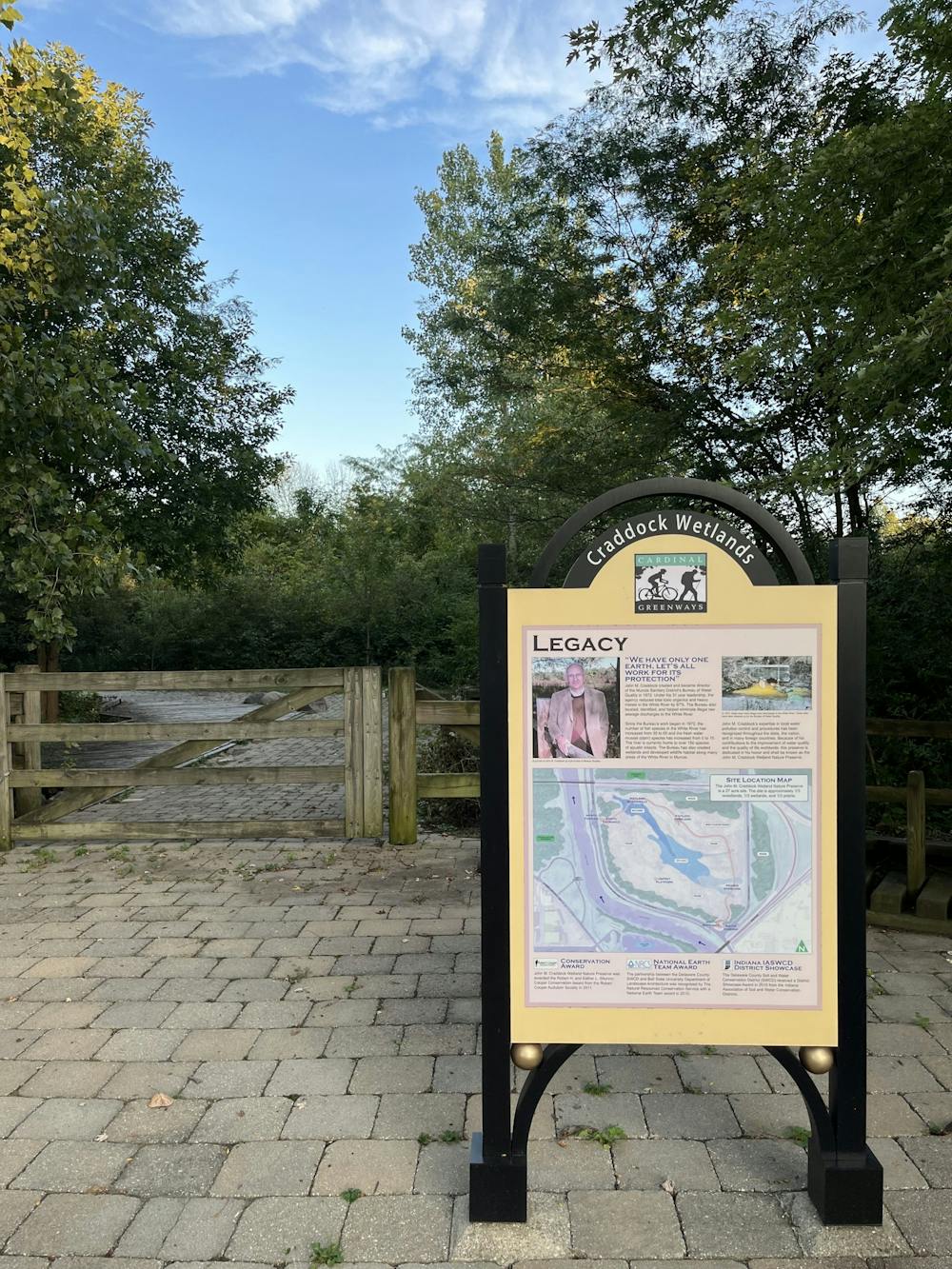
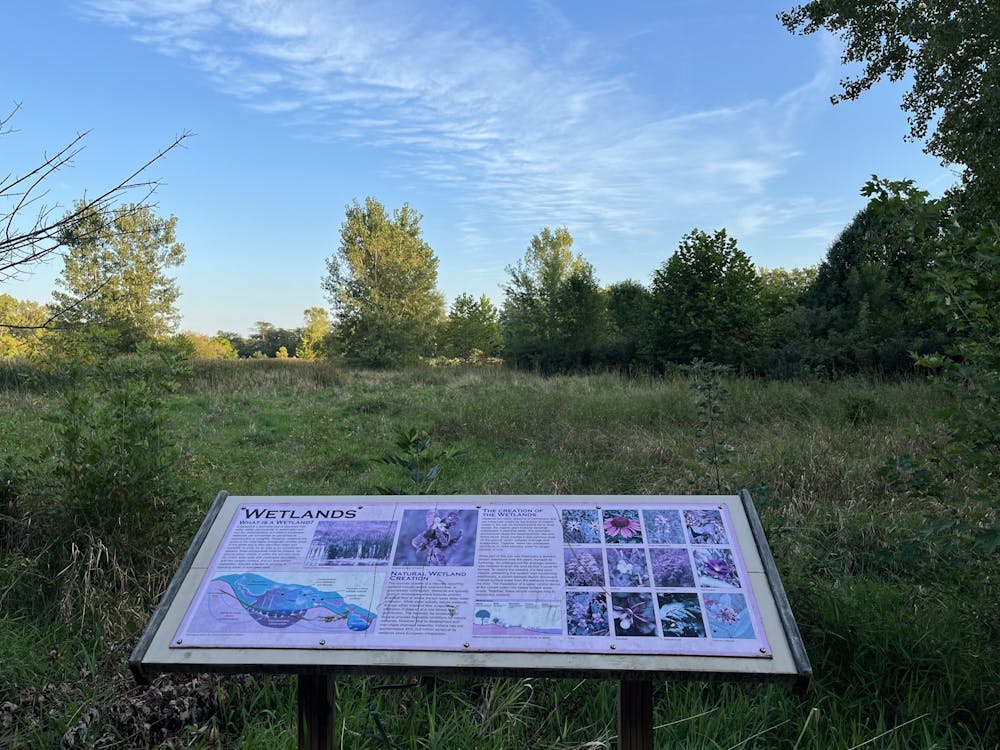
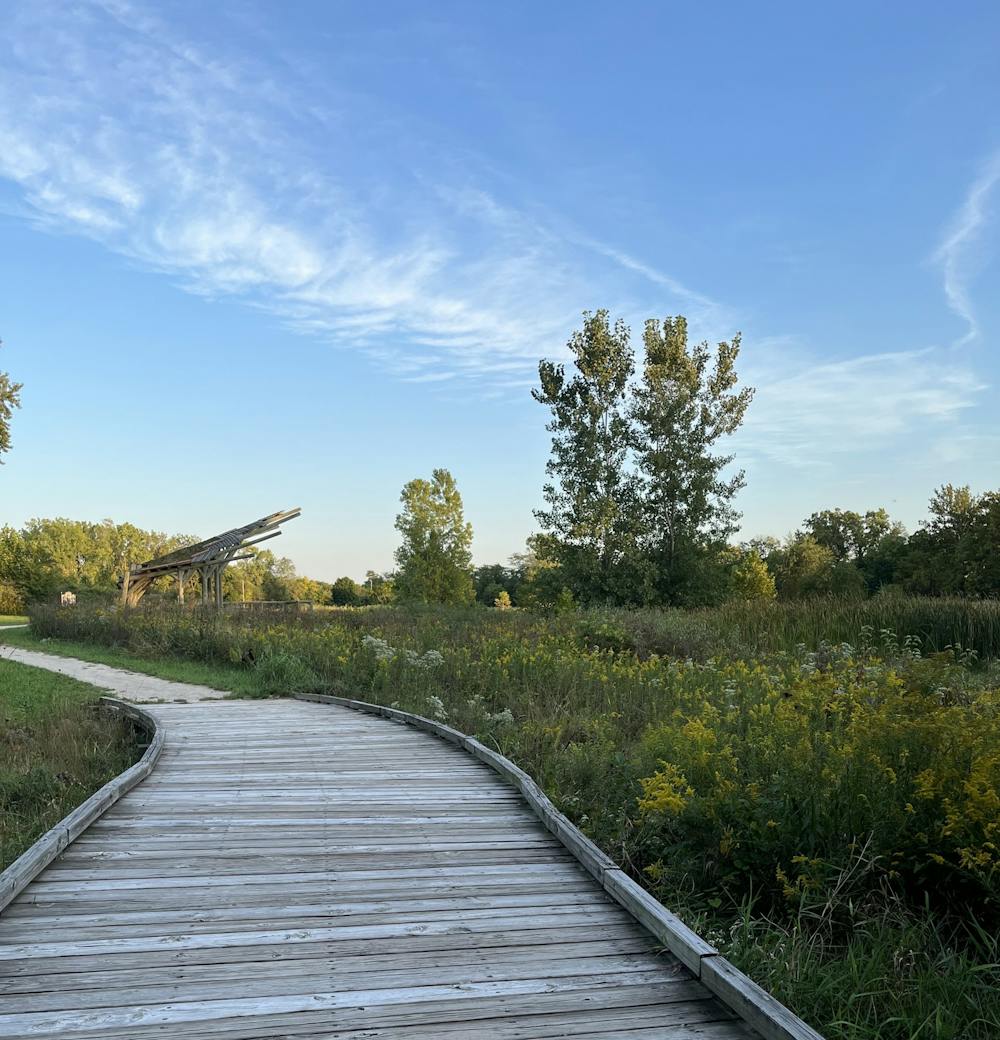

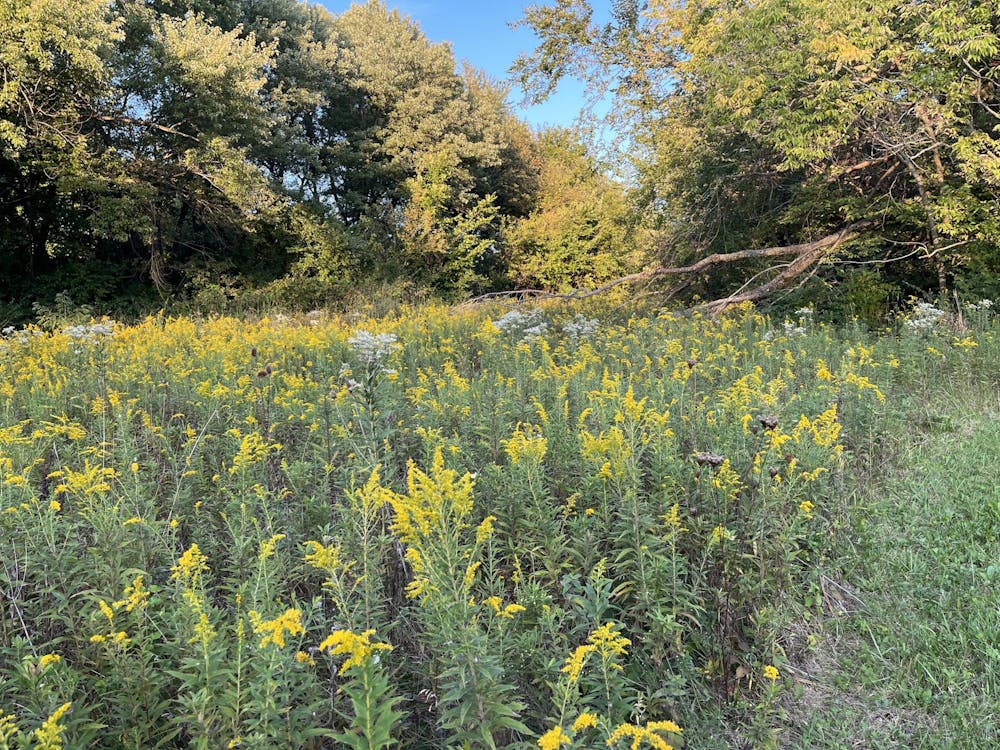
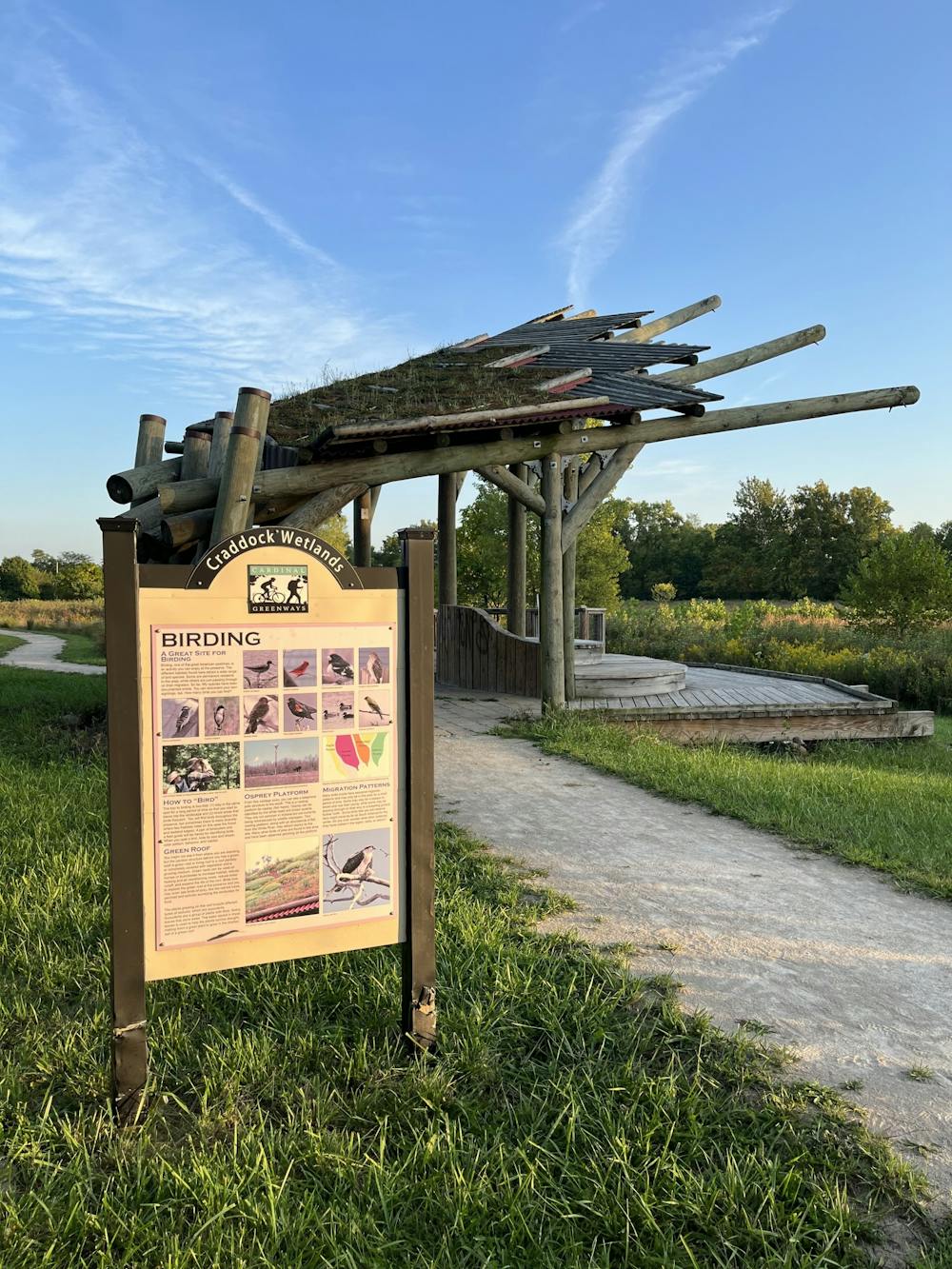
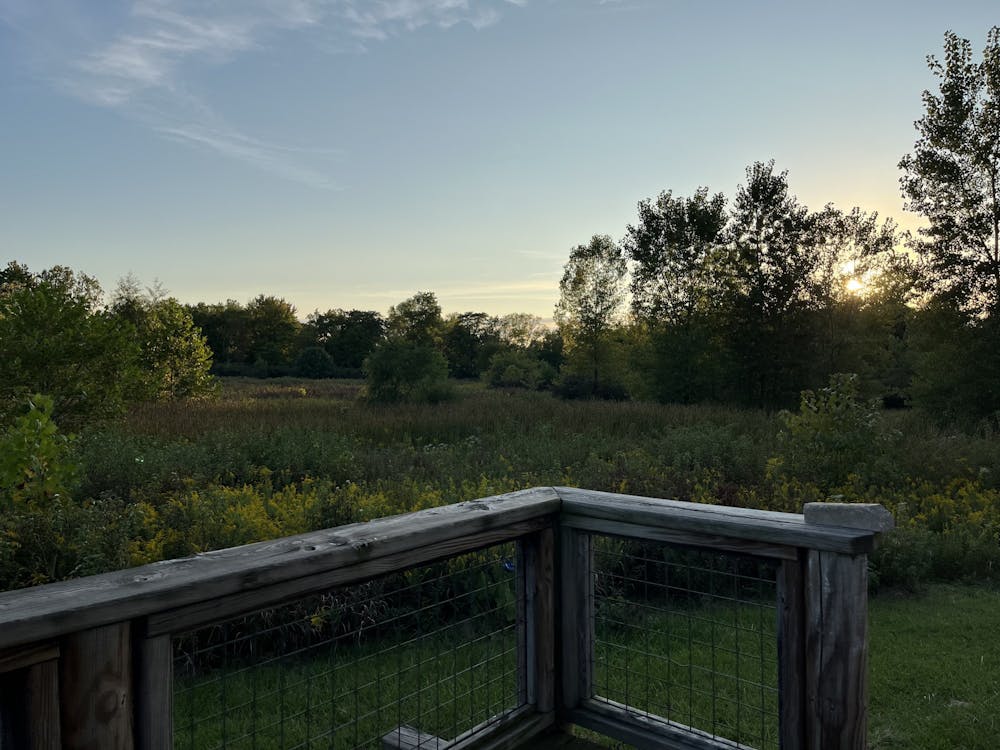




The Daily News welcomes thoughtful discussion on all of our stories, but please keep comments civil and on-topic. Read our full guidelines here.